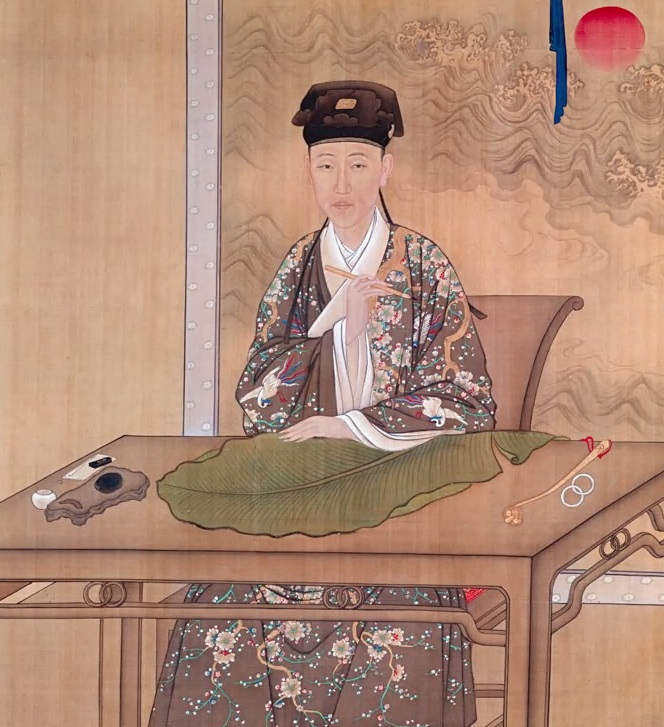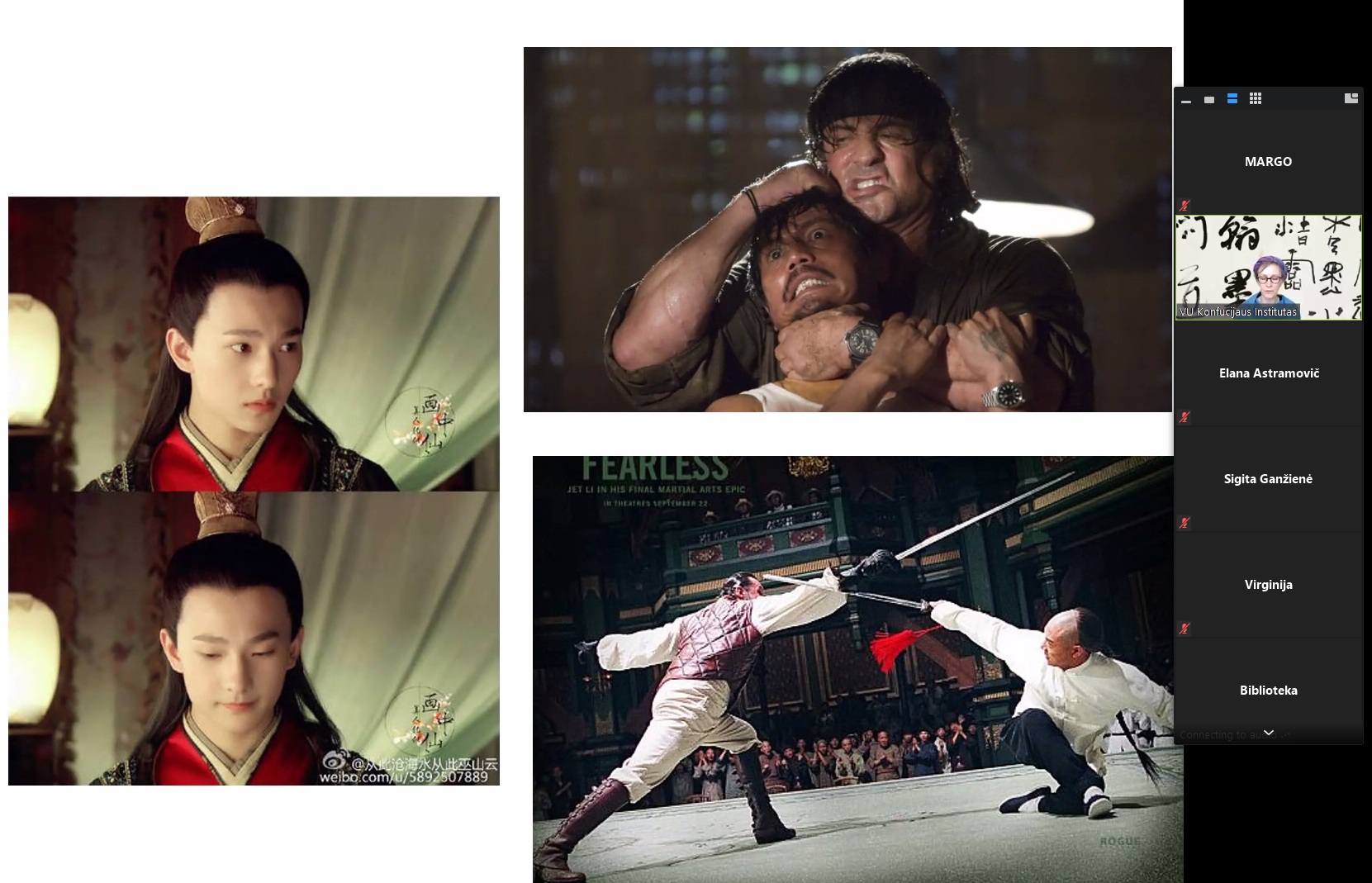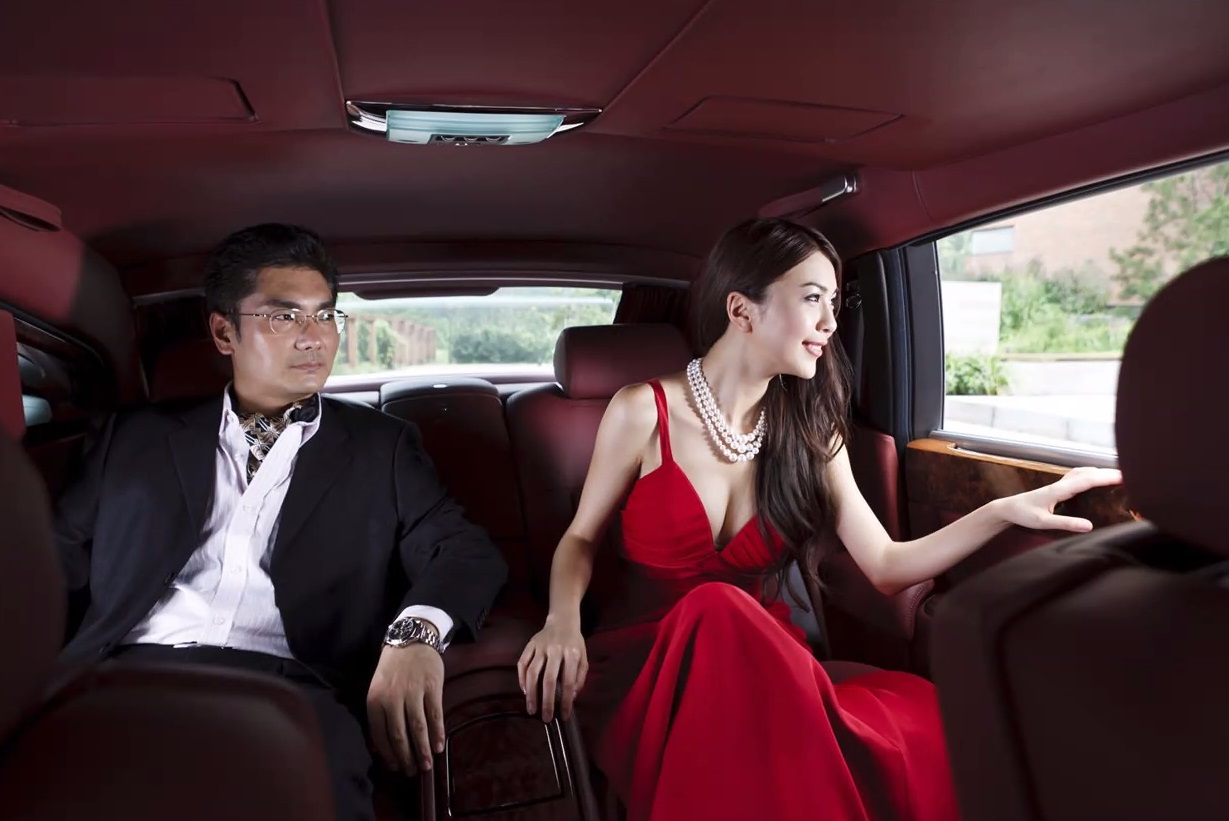May 26 in the second on Chinese society assoc. Prof. L. Poškaitė's lecture "Transformations of Traditional Masculine Ideals in Modern China", it was interesting to hear about the discourse of the "masculinity crisis" in China since the 20th century. The lecturer began her lecture by emphasizing the non-problematic approach to masculinity that has prevailed in China for quite some time.
To understand the ideal of today's masculinity, it is important to consider the canons of traditional China, where in traditional China masculinity was associated with a "face" and a man's reputation. Over the course of periods, masculinity was formed in response to and relation to the ideals and factors of femininity. Until the 20th century cultural soft masculinity "wen" persisted in China, and later with the Maoist era, militant masculinity "wu" emerged. XX a. in the 1990s, the expressions "strengthening of femininity" and "diminishing masculinity" appeared.

One of the most influential factors influencing masculinity change is consumerism, which is increasingly associated with a man’s ability to integrate into consumer culture by demonstrating his wealth through objects and refined taste.
With the influence of other cultures, especially the Japanese and Koreans, transcultural masculinity emerges. Hence the transnational masculinity of business. Elements of transnational masculinity in East Asia can be seen through the adaptation and localization of Korean pop culture, where a beautiful, gentle, talented young man is highlighted.

In summary, we could conclude that there are many factors that have shaped modern Chinese masculinity, perhaps the most important are the values and elements of traditional culture, Maoist gender politics, the flourishing of Western global consumer culture, growing Chinese nationalism and patriotism, the ideal of Western “hegemonic” masculinity. etc. Today's male cinema combines the elements of "wen" and "wu" with hard and soft masculinity. The embodiment of modern wen is a successful entrepreneur who represents elite masculinity.

The most important traits of a modern man: responsibility, honesty, caring, courage, forgiveness, respect, rationality.
Today, the traditional type of masculinity no longer exists, there is no longer a single homogeneous masculinity in China, and many different masculine ideals and their diversity are determined by the many factors that have shaped these distinct types (social status, territory, education).
With this lecture we are concluding a cycle of cultural lectures and we look forward to your attention in the new autumn season.
